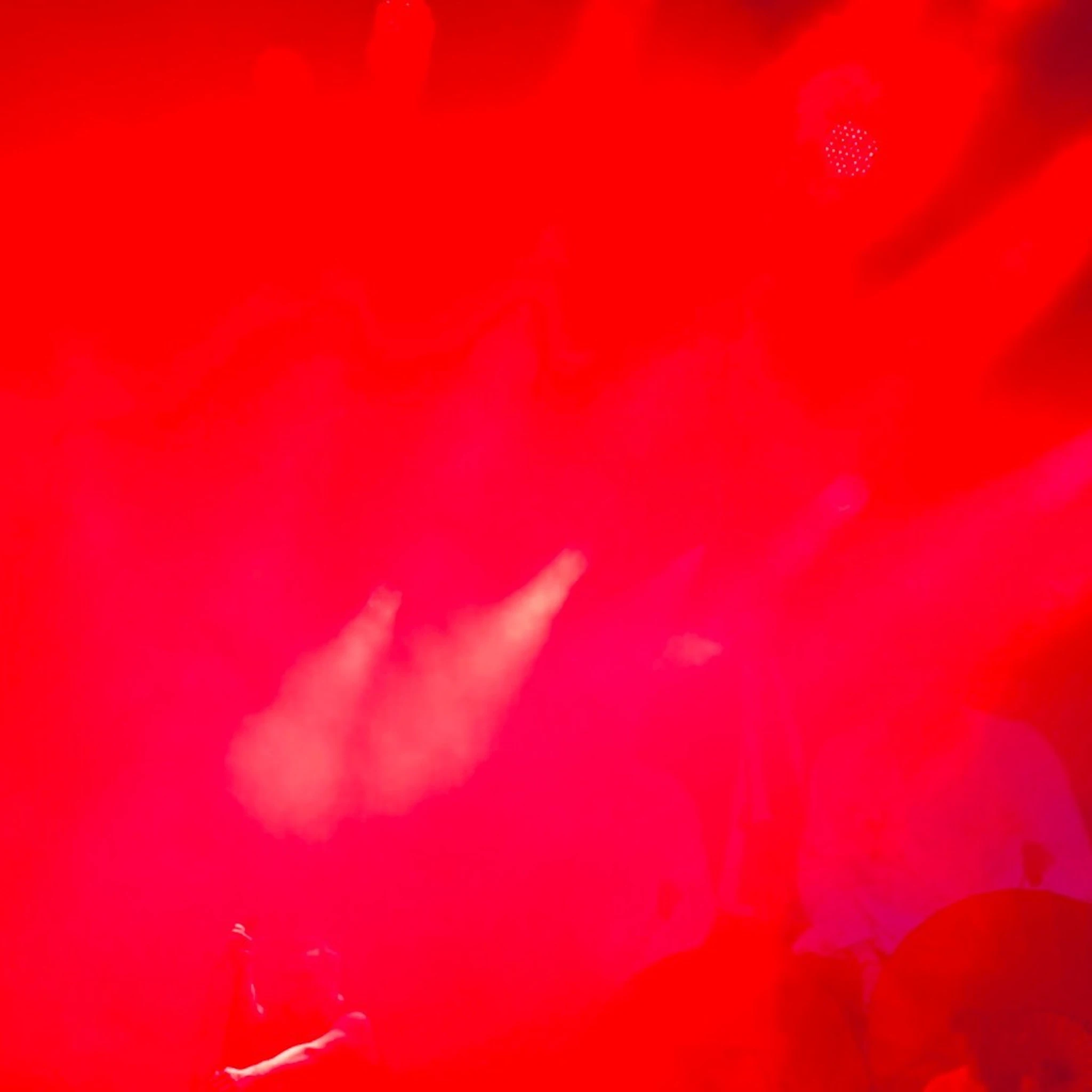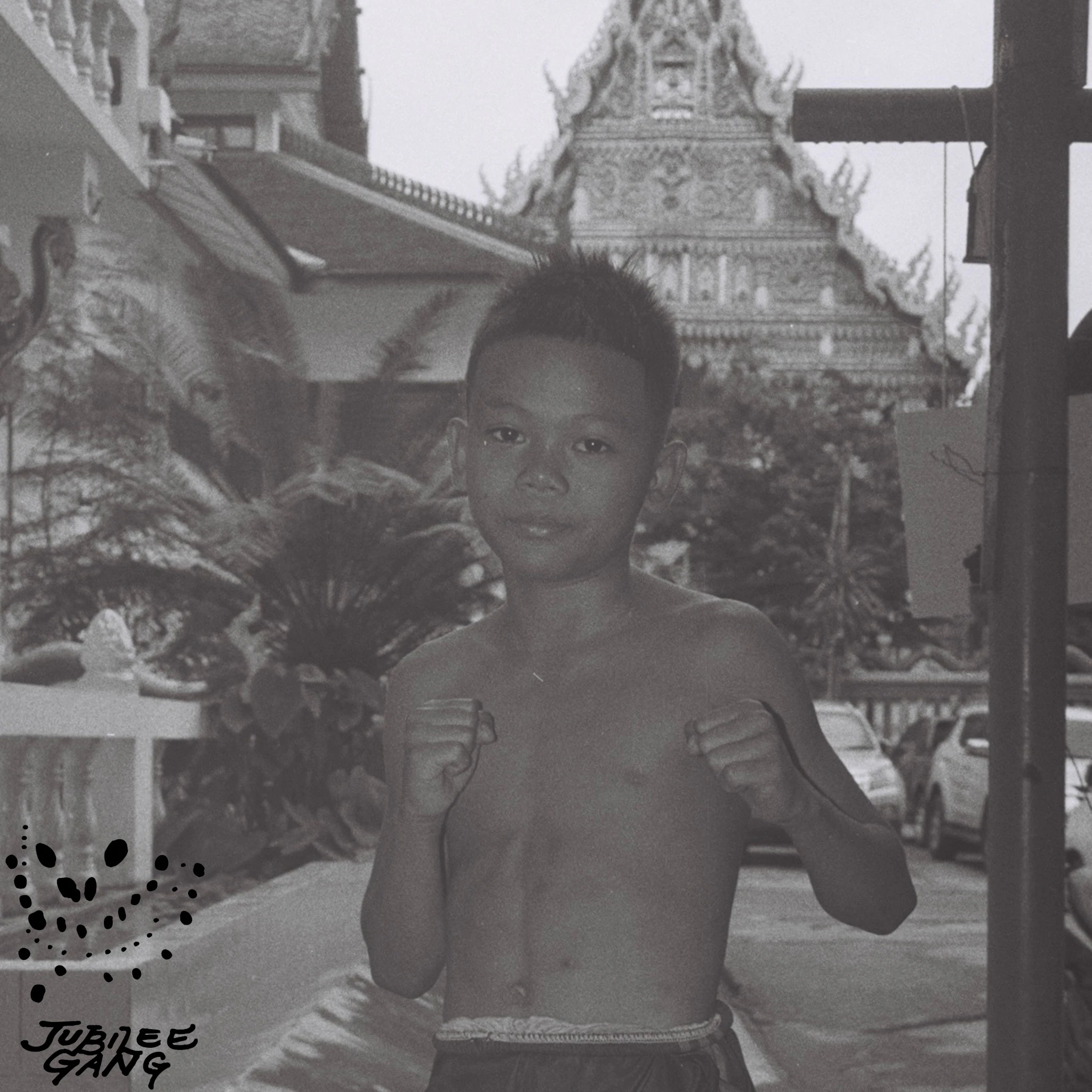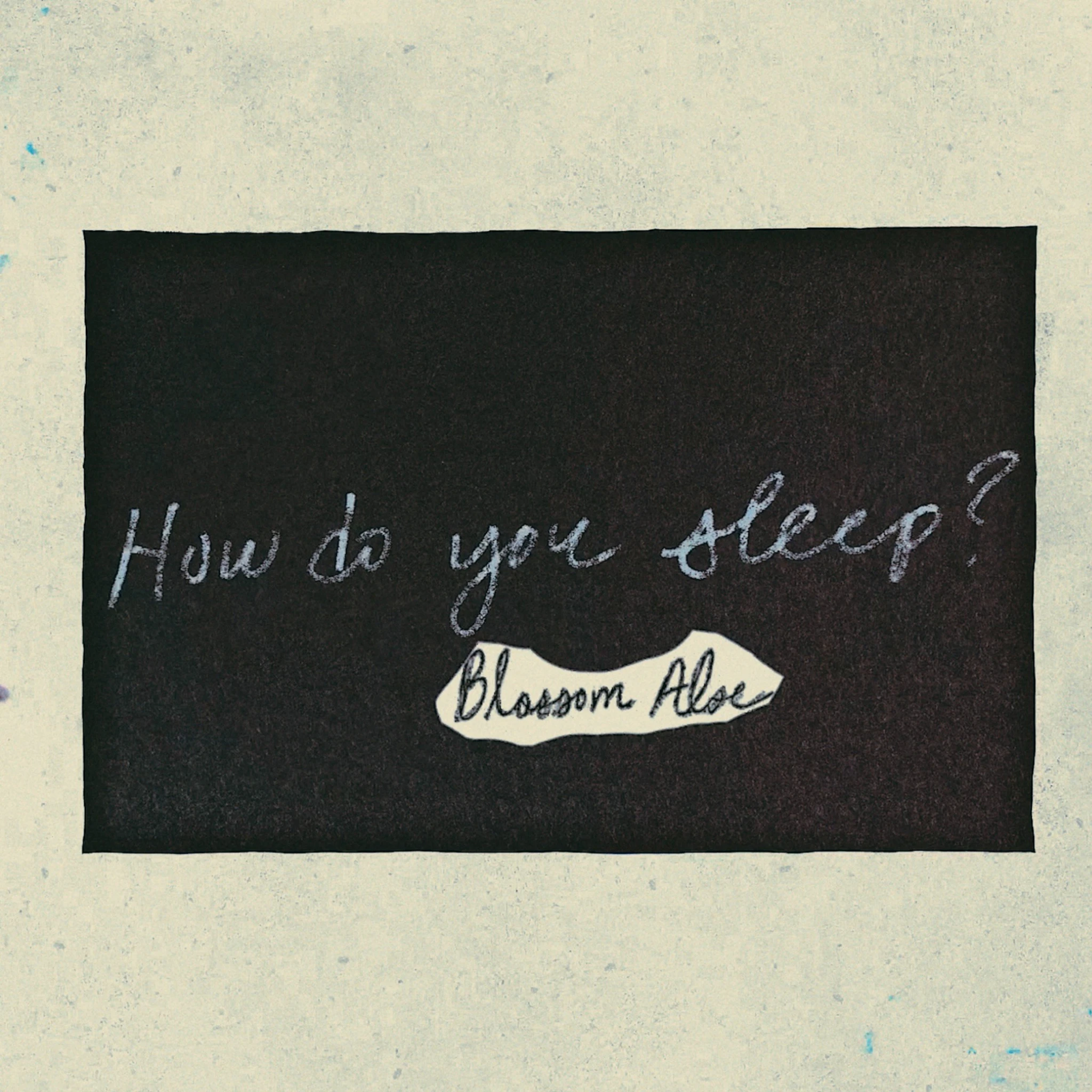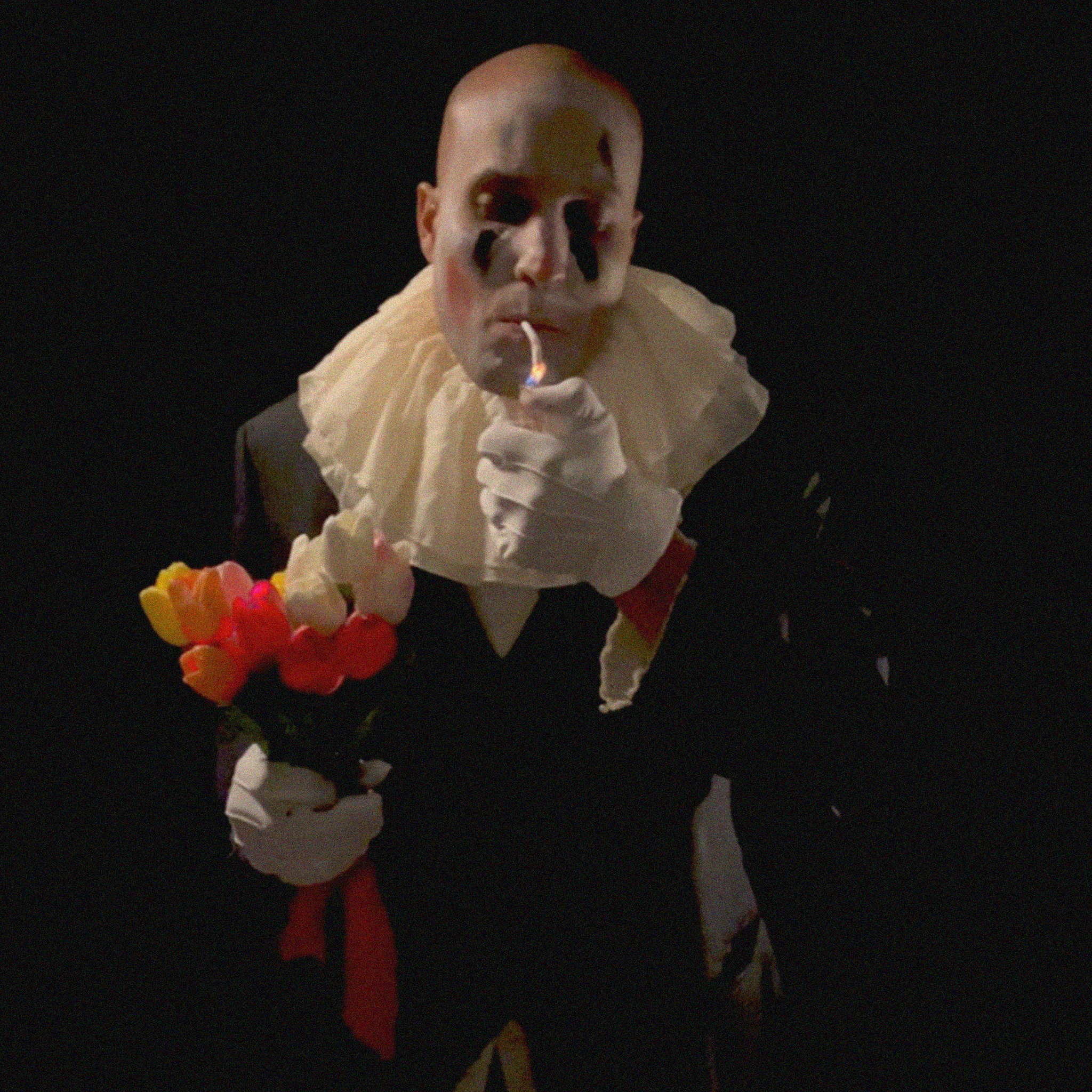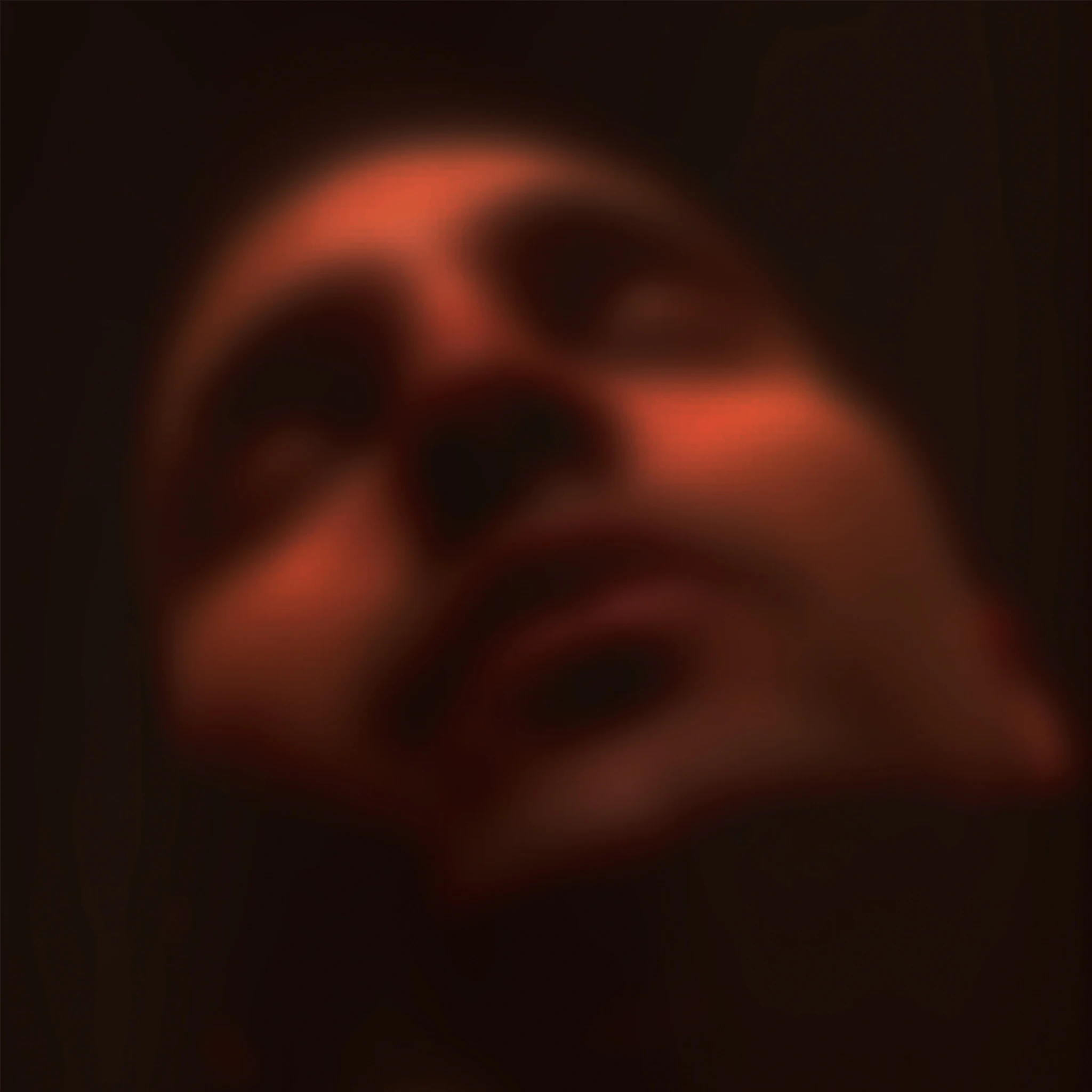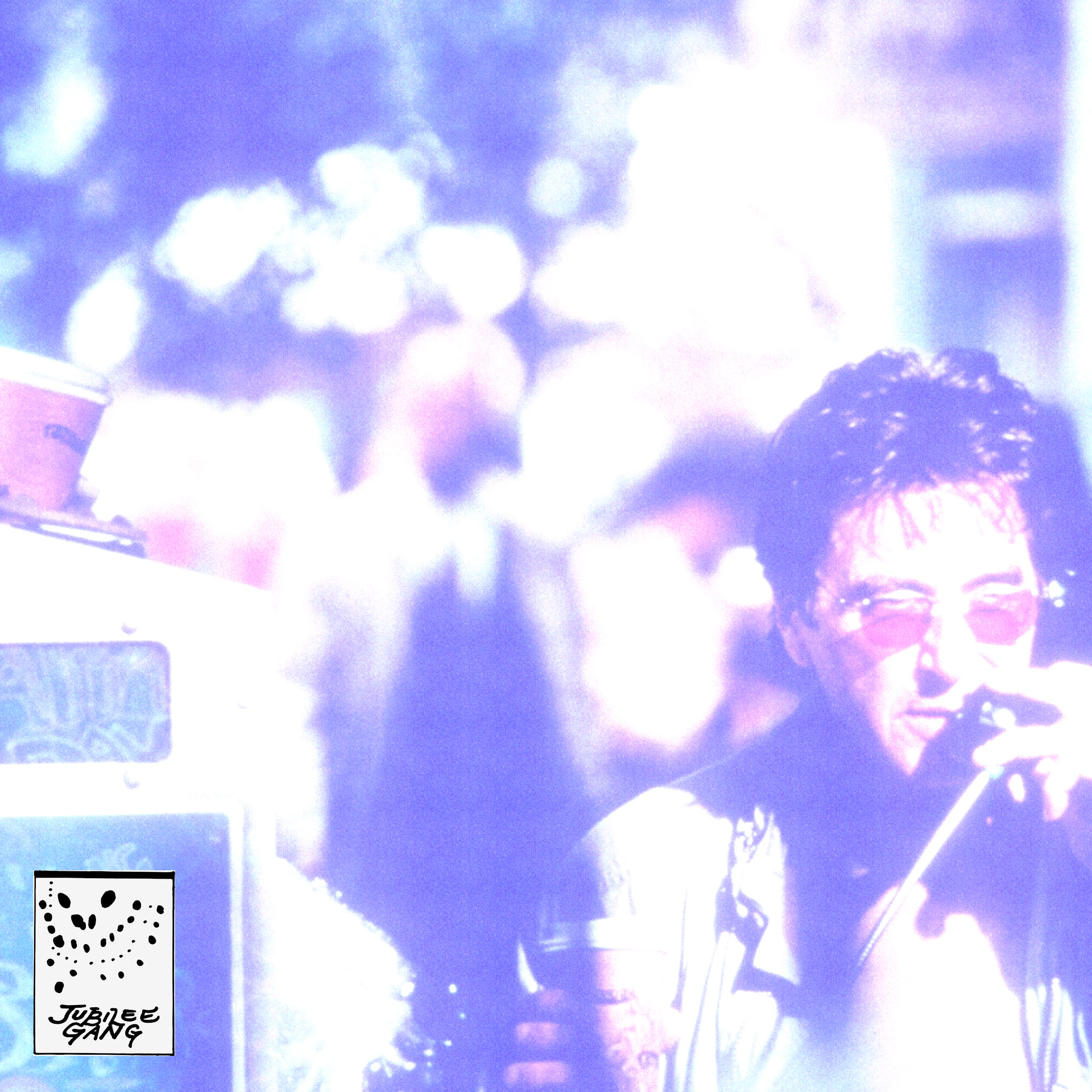
- 1Driving
- 2Empire
- 3Perfect Brain (Intro)
- 4Perfect Brain
- 5Real Character
- 6Naked Body
- 7Everybody Game
- 8W.I.F.E.
- 9Left Hand
- 10Steps to Destruction
006
•
Open edition
Compulsion is the force at the center of Emily Allan’s singular music. She is a rapper, but the music on her debut album, Clanging, bobs and weaves off the coast of hip-hop. It is dance music—of a distinctly downtown-NYC vintage—but provides an emotional shock to the system that might make you want to flee the club completely and withdraw from society. A whisper is as disconcerting as a scream; harrowing descriptions of psychological warfare are as funny as recognizable jokes. In her cosmic vocal fry, with the persuasiveness of some post-apocalyptic it girl, Allan beckons the listener to adopt a healthy regimen of self-flagellation, gaslighting, cubist sexual ideation, and abnegation of all social decorum. In Allan’s wild and visionary music, everything functional seems arbitrary, and we are better off hacking down language into jumbled shards than to keep saying the same things over and over.
This impulse emerges from a phenomenon that has plagued the Manhattan-based musician, writer, actor, and director throughout her life: She frequently finds herself locked in “mental loops” that cause her to rhyme half-nonsensically to herself. In a Wikipedia hole one day, she discovered that someone had given the effect a name in the late 19th century: clanging. On her debut album of the same name, she defines the term, as if pulling it from the yellowed pages of an old psychiatric treatise: “excessive illogical rhyming…symptomatic of an extreme state of psychosis.” On Clanging, therefore, Allan imagines rhyming as a symptom of a kind of disease, making blown-out party-rap a conduit for her most untethered and maniacally inspired thoughts. The album plays like a communication from a hedonistic doppelgänger, exploring every form of modern brain rot and detailing our basest urges.
The record was born almost in spite of itself, out of intrusive thoughts turned ragged GarageBand recordings. With the help of producer E.J. O’Hara—who offered Allan beats that he couldn’t figure out what to do with—the demos blossomed into peaked-out bangers of a blissfully demented vintage. The beats feel indebted to Y2K-era crossover smashes, but fed through busted effect chains and unholy vocal processing that gives the music an industrial effect, or the sound of a 2003 Top 40 hit heard through a Boom speaker floating in a pool of fetid water. There are so many ways music fans can come to Clanging: electroclash in the vein of Peaches and The Faint, zoomer-style trap and drill, LCD Soundsystem’s first album, Kim Gordon’s most recent album, the part of you that kept Gorillaz on loop through the late 2000s—the list goes on. The combination feels as suitably genre-agnostic as the sounds that Allan was immersed in throughout her Lower East Side upbringing among poetry reading, eclectic parties, high school ciphers, and backroom DIY events.
The boldness, clarity, and playfulness of Allan’s vision also reflects her theater and film background, while her complete openness to language’s most oblique trajectories betrays her love of poetry. (Her body of work outside of music includes a collection of plays, films, TV projects—she co-directed John Early’s latest comedy special—and web series.) In these songs, the line that feels too cringe or nihilistic is not only always accommodated, but becomes the song’s focal point. There are shocking moments in the traditionally provocative sense, but perhaps more jarring are the moments of head-spinning non-sequitur (“Rintintin, chop chop, chitty bang bang”). Songs get stuck on certain words, which are reiterated to the point of total abstraction. In opener “Driving,” a series of monosyllables become roadblocks that gum up the works of the track: “God,” “sex,” “next,” and so on. Lust is threaded through every song, but it, too, often feels abstracted to the point of absurdity—dangling explicit come-ons bobbing on a sea of warped idioms, malapropisms, and Internet jargon.
From a thematic perspective, the trajectory of Allan’s lyrical screeds is impossible to predict. Her topical pivots gracefully mirror the glitchy, contradictory vantages from which so many digital natives view their lives. There are studies of fragmented memory (see the cryptic punk-adjacent “Left Hand,” a song spent trying to remember how a Orhan Veli poem she once read goes) and lit-theoretical diversions. (“Norman Mailer” is the landing point of a chorus in a song titled something else.) “Perfect Brain,” meanwhile, takes us on a tour through a jaundiced, red-pilled mind, inspired by Allan’s observations of public social media meltdowns (going “manic on main”) and thought spirals fit for the QAnon-era. “Everybody Game” is Allan’s “Cha Cha Slide,” in which she guides the listener through an impossible set of moves including “slap the floor/beat the whore” and “clap[ping] once if you ever want to die.”
With the record’s scorched-earth closer, “Steps of Destruction,” the oblique party games are put to the side and Clanging snaps into a final, devastating moment of focus. Here, Allan abandons “clanging” in favor of carefully crafted, unrhymed monologue. As funny as it is disconcerting, it spins a tale of a protagonist whose creative listlessness inspires a campaign of psychological warfare against her partner and, perhaps, her own conscience. The narrator erodes her partner’s self-worth and artistic conviction using a variety of methods: “Slowly I use your stores of vulnerability to poison you against your project.” By the last verse, we get the sense that her steps to destruction are a cycle, inexorable and exhausting. The narrator’s victory is Pyrrhic: the upshot of her successful efforts is that she is doomed to start another offensive (“You will make something bad/I will make nothing/I will do this over and over again/it will never stop working.”) The song’s dramatic situation feels uncannily familiar, and pushes the tension between caricature and autobiography in Allan’s music to its furthest point.
Clanging is a staggeringly self-assured debut, a record that teaches you how to listen to it as it goes along. Each song emanates from some dark corner of the soul we never noticed was there, or refused to dignify, capturing the raw sensations surrounding human frailty and delusion by any means (or out-of-pocket series of rhymes) necessary. Allan’s music serves as a case study for a malady that we never quite grow to understand. Like a panic-inducing WebMD page, though, it seems to bear so many similarities to what we feel day to day, hour to hour, impulse to impulse. In systematizing chaos through mumbled private exercises run amok, Emily Allan has created one of the most singular releases to come out of New York underground music this year—a startling, brilliant, and comprehensively out-of-control record that triggers fresh associations and casts darker shadows with every listen.
- Winston Cook Wilson
credits
released June 6, 2025
All lyrics by Emily Allan
Performed by Emily Allan
Produced by E.J. O’Hara
Mixed by Tony Vaz
Mastered by Ryan Schwabe
This impulse emerges from a phenomenon that has plagued the Manhattan-based musician, writer, actor, and director throughout her life: She frequently finds herself locked in “mental loops” that cause her to rhyme half-nonsensically to herself. In a Wikipedia hole one day, she discovered that someone had given the effect a name in the late 19th century: clanging. On her debut album of the same name, she defines the term, as if pulling it from the yellowed pages of an old psychiatric treatise: “excessive illogical rhyming…symptomatic of an extreme state of psychosis.” On Clanging, therefore, Allan imagines rhyming as a symptom of a kind of disease, making blown-out party-rap a conduit for her most untethered and maniacally inspired thoughts. The album plays like a communication from a hedonistic doppelgänger, exploring every form of modern brain rot and detailing our basest urges.
The record was born almost in spite of itself, out of intrusive thoughts turned ragged GarageBand recordings. With the help of producer E.J. O’Hara—who offered Allan beats that he couldn’t figure out what to do with—the demos blossomed into peaked-out bangers of a blissfully demented vintage. The beats feel indebted to Y2K-era crossover smashes, but fed through busted effect chains and unholy vocal processing that gives the music an industrial effect, or the sound of a 2003 Top 40 hit heard through a Boom speaker floating in a pool of fetid water. There are so many ways music fans can come to Clanging: electroclash in the vein of Peaches and The Faint, zoomer-style trap and drill, LCD Soundsystem’s first album, Kim Gordon’s most recent album, the part of you that kept Gorillaz on loop through the late 2000s—the list goes on. The combination feels as suitably genre-agnostic as the sounds that Allan was immersed in throughout her Lower East Side upbringing among poetry reading, eclectic parties, high school ciphers, and backroom DIY events.
The boldness, clarity, and playfulness of Allan’s vision also reflects her theater and film background, while her complete openness to language’s most oblique trajectories betrays her love of poetry. (Her body of work outside of music includes a collection of plays, films, TV projects—she co-directed John Early’s latest comedy special—and web series.) In these songs, the line that feels too cringe or nihilistic is not only always accommodated, but becomes the song’s focal point. There are shocking moments in the traditionally provocative sense, but perhaps more jarring are the moments of head-spinning non-sequitur (“Rintintin, chop chop, chitty bang bang”). Songs get stuck on certain words, which are reiterated to the point of total abstraction. In opener “Driving,” a series of monosyllables become roadblocks that gum up the works of the track: “God,” “sex,” “next,” and so on. Lust is threaded through every song, but it, too, often feels abstracted to the point of absurdity—dangling explicit come-ons bobbing on a sea of warped idioms, malapropisms, and Internet jargon.
From a thematic perspective, the trajectory of Allan’s lyrical screeds is impossible to predict. Her topical pivots gracefully mirror the glitchy, contradictory vantages from which so many digital natives view their lives. There are studies of fragmented memory (see the cryptic punk-adjacent “Left Hand,” a song spent trying to remember how a Orhan Veli poem she once read goes) and lit-theoretical diversions. (“Norman Mailer” is the landing point of a chorus in a song titled something else.) “Perfect Brain,” meanwhile, takes us on a tour through a jaundiced, red-pilled mind, inspired by Allan’s observations of public social media meltdowns (going “manic on main”) and thought spirals fit for the QAnon-era. “Everybody Game” is Allan’s “Cha Cha Slide,” in which she guides the listener through an impossible set of moves including “slap the floor/beat the whore” and “clap[ping] once if you ever want to die.”
With the record’s scorched-earth closer, “Steps of Destruction,” the oblique party games are put to the side and Clanging snaps into a final, devastating moment of focus. Here, Allan abandons “clanging” in favor of carefully crafted, unrhymed monologue. As funny as it is disconcerting, it spins a tale of a protagonist whose creative listlessness inspires a campaign of psychological warfare against her partner and, perhaps, her own conscience. The narrator erodes her partner’s self-worth and artistic conviction using a variety of methods: “Slowly I use your stores of vulnerability to poison you against your project.” By the last verse, we get the sense that her steps to destruction are a cycle, inexorable and exhausting. The narrator’s victory is Pyrrhic: the upshot of her successful efforts is that she is doomed to start another offensive (“You will make something bad/I will make nothing/I will do this over and over again/it will never stop working.”) The song’s dramatic situation feels uncannily familiar, and pushes the tension between caricature and autobiography in Allan’s music to its furthest point.
Clanging is a staggeringly self-assured debut, a record that teaches you how to listen to it as it goes along. Each song emanates from some dark corner of the soul we never noticed was there, or refused to dignify, capturing the raw sensations surrounding human frailty and delusion by any means (or out-of-pocket series of rhymes) necessary. Allan’s music serves as a case study for a malady that we never quite grow to understand. Like a panic-inducing WebMD page, though, it seems to bear so many similarities to what we feel day to day, hour to hour, impulse to impulse. In systematizing chaos through mumbled private exercises run amok, Emily Allan has created one of the most singular releases to come out of New York underground music this year—a startling, brilliant, and comprehensively out-of-control record that triggers fresh associations and casts darker shadows with every listen.
- Winston Cook Wilson
credits
released June 6, 2025
All lyrics by Emily Allan
Performed by Emily Allan
Produced by E.J. O’Hara
Mixed by Tony Vaz
Mastered by Ryan Schwabe
